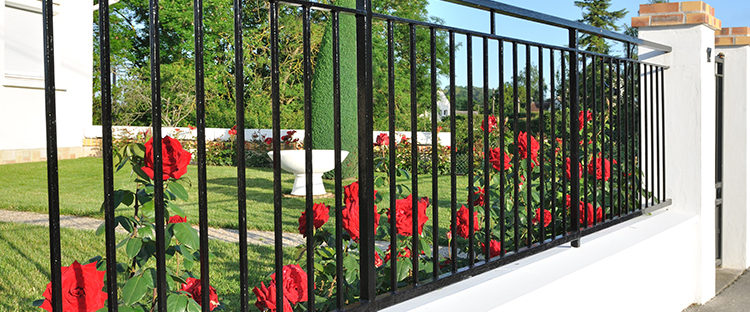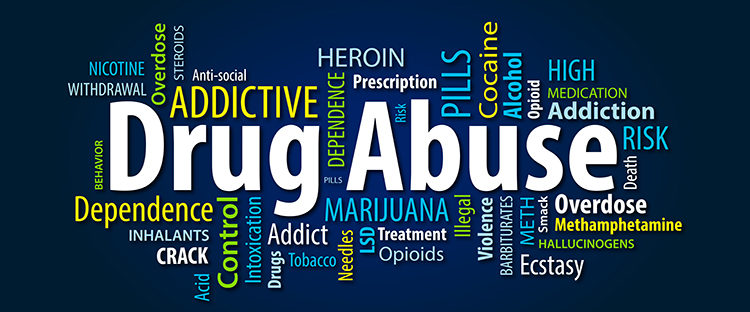There are many different types of addiction recovery programs out there. For someone who is working to recover from an addiction, it is important to consider the pros and cons of the different programs in order to choose the best option for their individual needs. A few of the addiction recovery programs available are explained below.
Alcohol Anonymous: This program is a 12-step program that provides support and guidance in the form of a support group for the recovering addict as well as their family and loved ones.
Cognitive Behavior Therapy (CBT): Cognitive Behavior Therapy has been shown to be effective at using an understanding of how thoughts influence behavior and emotions to manage addiction. It also works to change the underlying thoughts of an individual that contribute to the maintenance of the addiction.
Detoxification (Detox): A detox program involves a patient going through the withdrawal process being monitored and treated with necessary medications in order to manage the symptoms that occur during withdrawal. A detox can be done on an outpatient or inpatient basis. This is not a complete type of treatment and should be followed up with additional treatment methods.
Family Therapy: Family therapy involves a therapeutic approach that takes into account the recovering addict’s family’s strengths and resources in order to help the individual live their life without the use of alcohol or drugs. This method seeks to reduce the consequences of addiction on both the substance abuser and their family.
Group Therapy: Group therapy uses a group setting to provide positive peer-to-peer support and assistance and coping techniques. This type of therapy can be more cost-effective than others. Group therapy is often used in inpatient and outpatient facilities in addition to individualized therapy treatments.
These are just a few of the many addiction treatment methods out there. Each person going through the recovery process will need to weigh their options and choose the best method for their own recovery.








